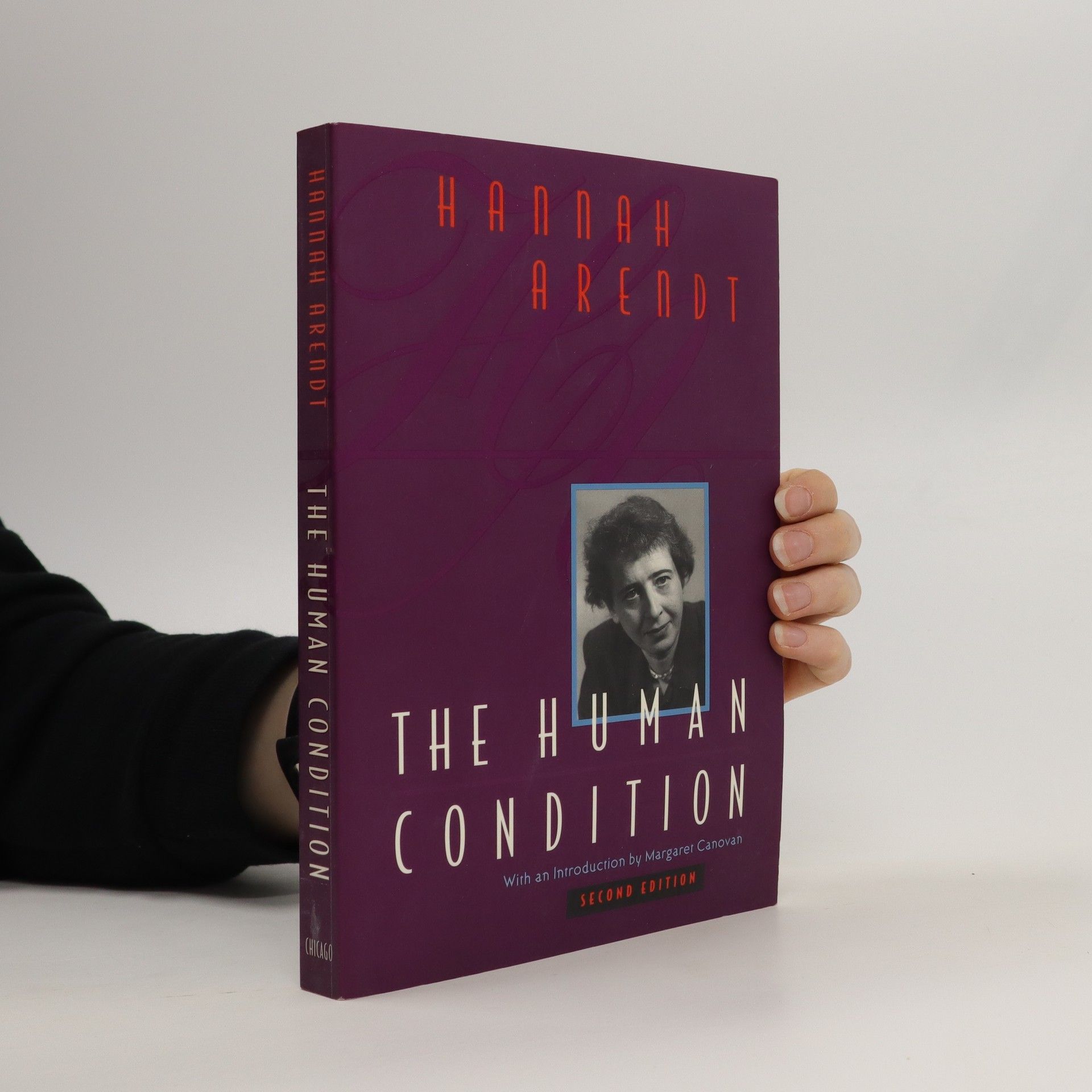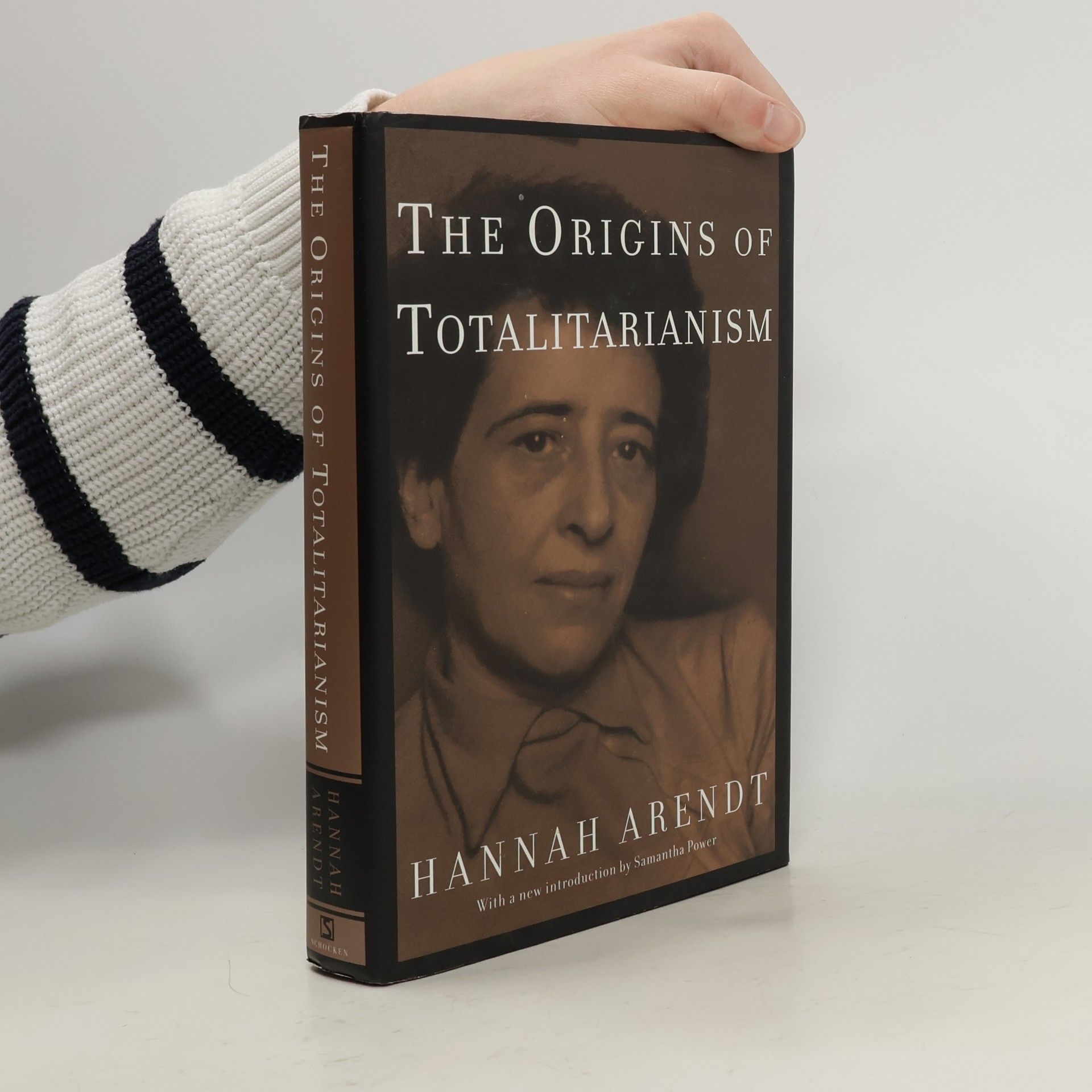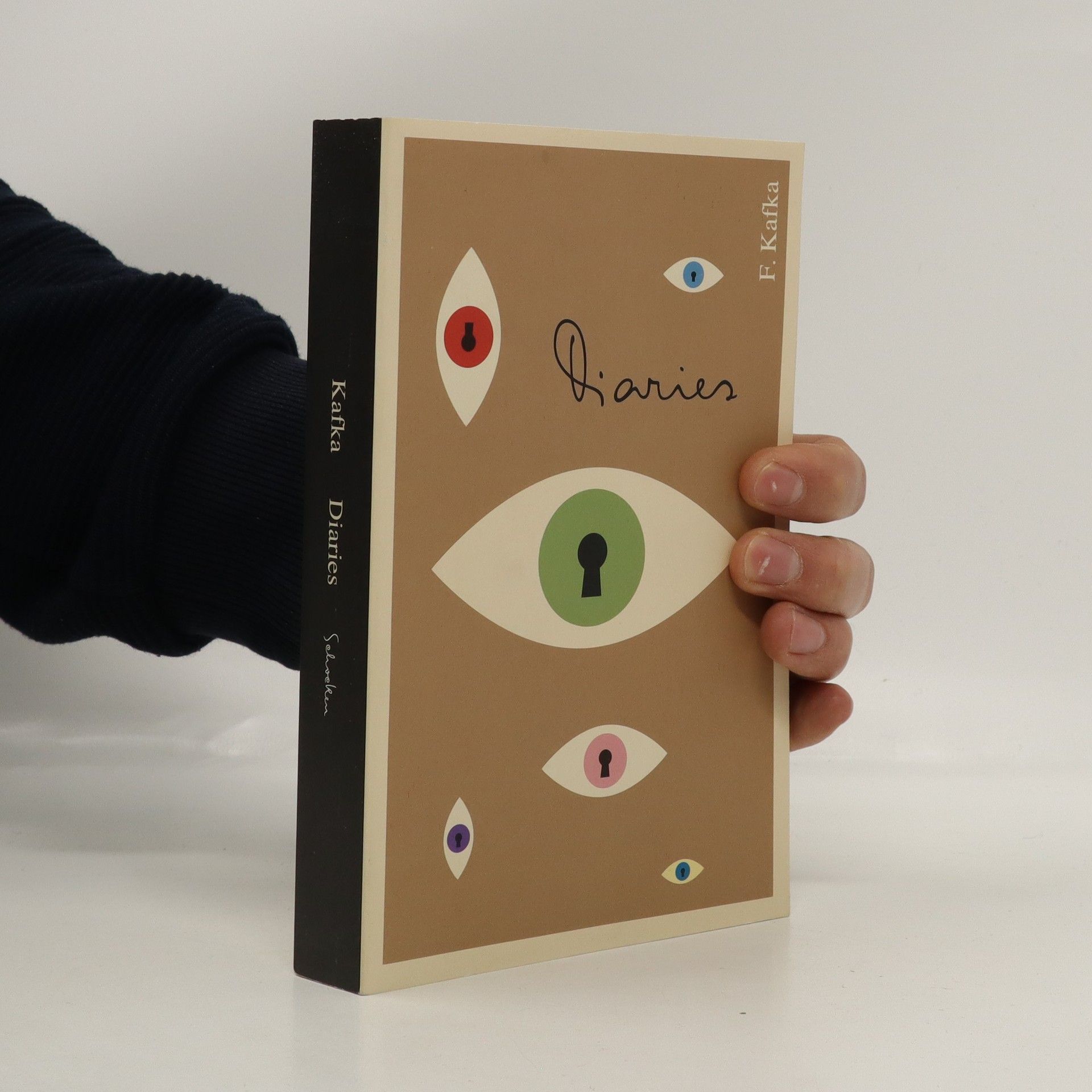Čo je to sloboda a čo pre nás znamená? Spočíva len v absencii strachu a obmedzení, alebo znamená aj účasť na spoločenských procesoch, vlastný politický hlas, aby nás ostatní počuli, uznali a napokon si na nás spomenuli? Táto esej, ktorá vyšla v Spojených štátoch v šesťdesiatych rokoch, odráža prísnosť a silu politického myslenia Hannah Arendtovej a precízne zhŕňa jej úvahy o slobode, ktoré sú veľmi hlboké a dokážu sa spojiť s výzvami a nebezpečenstvami našej doby. Arendtová sleduje historický vývoj pojmu sloboda, pričom berie do úvahy najmä revolúcie vo Francúzsku a v Amerike. Zatiaľ čo jedna sa skončila katastrofou, ale stala sa zlomovým bodom v dejinách, druhá zaznamenala triumfálny úspech, a predsa zostala lokálnou záležitosťou. Prehodnotenie myšlienky revolúcie sa dnes stalo nevyhnutnosťou a toto opätovné stretnutie s Hannah Arendtovou predstavuje potrebný impulz pre nové generácie.
Hannah Arendt Book order (chronological)
Hannah Arendt was one of the twentieth century's most influential political thinkers. Her work delves into the depths of human experience, offering profound insights into the nature of totalitarianism, human action, and the fundamental categories of life. Through her essays and extensive studies, she explored revolution, freedom, and authority, advocating for an understanding of thinking, willing, and judging. Arendt's legacy continues to provoke contemplation on the complexities of the modern world and the essence of human existence.







Ein Mädchen sieht in der Schar seiner Gänse plötzlich eine neue. Sie ist anders, hat einen geheimnisvollen Fleck auf der Brust und fliegt davon. Das Mädchen bricht zu seiner großen Reise auf. Auf der Suche nach der Gans stapft es unerschrocken durch den Wald dieser Welt und begegnet Tieren, von denen es sich Hilfe erhofft und schließlich auch bekommt,
Hannah Arendt: The Origins of Totalitarianism Expanded Edition (Loa #389)
- 900 pages
- 32 hours of reading
The book explores the nature of totalitarianism, examining its roots in Stalinism and Nazism through the lens of Hannah Arendt's experiences as a refugee from Nazi Germany. It delves into historical antisemitism, the Dreyfus Affair, and the interplay of imperialism and racism in the rise of totalitarian regimes. This expanded edition includes previously cut chapters and annotations that clarify Arendt's references, reinforcing her argument that totalitarianism remains a persistent threat in modern society.
On Civil Disobedience
- 175 pages
- 7 hours of reading
The book presents two influential essays on civil disobedience from Henry David Thoreau and Hannah Arendt, exploring the responsibilities of citizenship and moral conscience. Thoreau's "Resistance to Civil Government" details his imprisonment for refusing to pay poll taxes, advocating for individual conscience as a political force. In contrast, Arendt's "Civil Disobedience" critiques Thoreau, emphasizing the importance of collective action and societal promises for enacting meaningful change. An introduction by Roger Berkowitz contextualizes their arguments within the tradition of civil disobedience and contemporary politics.
Krize republiky
- 228 pages
- 8 hours of reading
Krize republiky je soubor čtyř textů, v nichž Hannah Arendtová zkoumá krizové události a vývoj politického života ve Spojených státech v 60. a 70. letech 20. století a jak tento vývoj ohrožuje americkou (a obecně demokratickou) formu vlády, nebo naopak jakým způsobem do ní zapadá. V úvodním eseji s názvem „Lhaní v politice“ analyzuje případ tak zvaných „Pentagonských dokumentů“, které odhalily taktiku rozhodovacích procesů na nejvyšších místech americké politiky během války ve Vietnamu, a zabývá se důsledky dnes tak aktuální proměny politiky v pouhou arénu, v níž dochází pouze k vytváření určitých obrazu a k budování vztahů s veřejností. Druhý text, který už svým názvem „Občanská neposlušnost“ odkazuje k eseji Henryho Davida Thoreaua, se pokouší o rozbor různých amerických protestních a opozičních hnutí na pozadí demokratického právního systému a americké tradice odporu a „sdružování“. V obecnější studii „O násilí“ Arendtová otevírá problém povahy, příčin a významu násilí v druhé polovině 20. století a jeho vztahu k moci, politice a válce. Doplňkem k této studii je závěrečný rozhovor „Myšlenky o politice a revoluci“. Ve všech těchto textech sice Arendtová definuje a objasňuje dobové zájmy a obavy Američanů, nicméně její závěry a poselství právě tak nadčasově zahrnují současné problémy demokratických politických systémů.
Die umfassende Edition von Hannah Arendts Schriften vereint erstmals alle deutschen Aufsätze und Artikel chronologisch in vier Bänden. Die Ausgabe enthält zahlreiche unbekannte Texte und wird von Experten mit ausführlichen Nachworten ergänzt. Der zweite Band umfasst Einzelschriften aus den Jahren 1941 bis 1950.
Eichmann Y El Holocausto / Eichmann and the Holocaust
- 160 pages
- 6 hours of reading
"Ideas que han cambiado el mundo" explora cómo ciertos libros han transformado nuestra percepción y han influido en la historia, desde el debate hasta la revolución. Publica obras de pensadores y visionarios que han sacudido la civilización, destacando el análisis sobre la banalidad del mal y la ceguera moral en contextos extremos.
Über Palästina
Zwei bisher unbekannte Texte – erstmals auf Deutsch
Palästina, Israel und die Suche nach der Lösung Über Palästina vereint zwei neu entdeckte, bisher unbekannte Texte von und mit Hannah Arendt. Der Aufsatz »American Foreign Policy and Palestine« wurde 1944 von Arendt vor der Staatsgründung Israels verfasst und erst jetzt in einem Archiv gefunden. 14 Jahre später ist sie Mitglied eines Expert:innen-Rats, der in dem Bericht »The Palestine Refugee Problem« eine Lösung für die Situation der Geflüchteten im Nahen Osten formulierte. Diese beiden außergewöhnlichen Fundstücke belegen eindrücklich Arendts lebenslanges Ringen um einen Frieden in Israel und Palästina. Herausgegeben von Thomas Meyer
Die Entwicklung einer großen Denkerin Erstmals werden sämtliche Aufsätze, Zeitungsartikel und sonstige auf Deutsch verfasste oder zu ihren Lebzeiten ins Deutsche übertragene Schriften Hannah Arendts chronologisch und vollständig in einer auf vier Bände angelegten Edition veröffentlicht. Die Ausgabe wird zahlreiche bislang unbekannte und unveröffentlichte Texte enthalten. Damit wird die von Thomas Meyer herausgegebene Studienausgabe alle deutschen Arbeiten Arendts vereinen. Die Bände sind jeweils mit einem ausführlichen Nachwort verschiedener Expert:innen versehen. Der erste Band umfasst alle Einzelschriften von 1930 bis 1941.
Briefwechsel
1946 bis 1951
Der Briefwechsel zwischen beiden ist das Dokument einer engen Freundschaft. Die Korrespondenz gibt Aufschluß über das Exil der ersten Nachkriegsjahre, sie enthält Debatten über Albert Camus und Arthur Koestler, über die Situation im Nachkriegsdeutschland, über Philosophen wie Martin Heidegger und Karl Jaspers, über das Thema der Menschenrechte. Der Briefwechsel dauert bis zu Hermann Brochs plötzlichem Tod im Jahr 1951. Hannah Arendt schrieb einige Essays über Broch, die in diesen Band mit aufgenommen wurden. Es sind eindringliche Analysen seiner Hauptwerke und zugleich Zeichen einer Freundschaft, die Hannah Arendt sich ihr Leben lang für Broch bewahrte.



